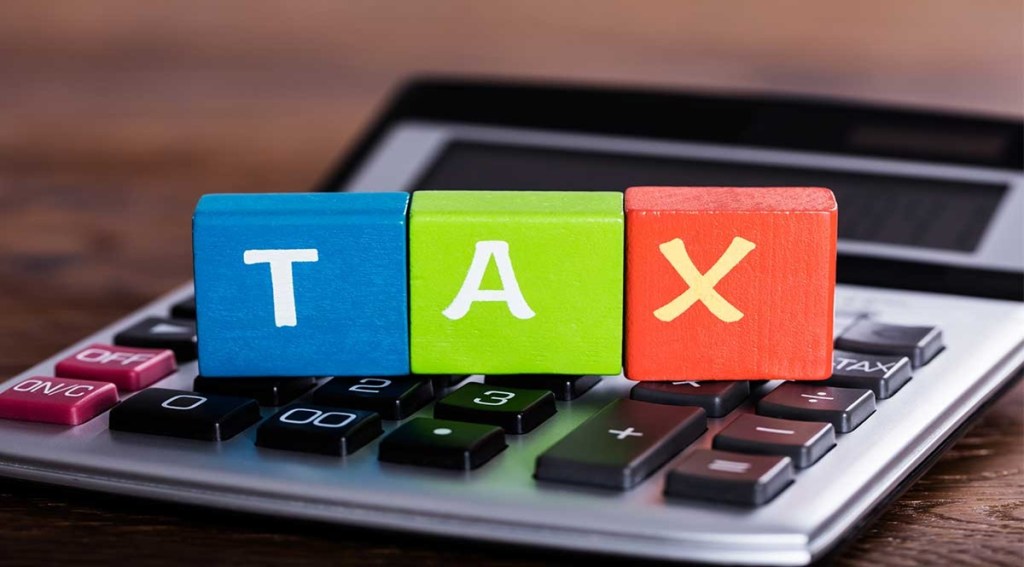The Budget sought to build upon a stable and predictable direct tax regime to draw the long-elusive private investment even as it provided a fresh impetus to the manufacturing sector, start-ups and the GIFT international financial services centre.
Given the Covid-induced difficulties faced by companies, the government has proposed to extend by a year through March 2024 the last date for starting production by a new manufacturing unit to avail of the concessional corporation tax rate of 15% (excluding surcharge and cess) under section 115BAB of the Income-Tax Act.
In September 2019, the government had announced the new tax regime to promote local manufacturing.
The Budget announced the capping of surcharge rates for association of persons and long-term capital gains at 15%, which could bolster the start-up ecosystem and foreign investments.
In a major announcement in managing litigations, finance minister Nirmala Sitharaman said the tax department would defer filing an appeal against assessees until similar substantial question of law is decided by jurisdictional high courts or the Supreme Court. This can potentially reduce the number of cases before courts and ease taxpayers’ burden of defending repetitive appeals.
Also Read | Expert Take- Budget 2022: Paving the way for progressive development of India
With start-ups emerging as drivers of economic growth, the government has extended the period of incorporation of the eligible start-up by one more year up to March 31, 2023, to provide tax incentives. According to extant norms, start-ups established before March 31, 2022 had been provided a tax incentive for three consecutive years out of ten years from incorporation. Such start-ups are eligible for getting 100% tax rebate on profit for a period of three years provided that annual turnover does not exceed Rs 25 crore in any financial year.
Taking forward the efforts to further promote the international financial service centre (IFSC), the Budget exempted from tax on income of a non-resident from offshore derivative instruments, or over-the-counter derivatives issued by an offshore banking unit, income from royalty and interest on account of lease of ship and income received from portfolio management services. The move could promote various business activities such as ship leasing and financing, offshore fund management and offshore banking activities in the Gujarat-based GIFT IFSC.
The Budget also proposed to restrict surcharges on long-term capital gains (LTCG) tax at 15% for all assets, including unlisted securities and real estate, partially offsetting the enhanced surcharge of up to 37% applicable to high income earners. Earlier, the lower surcharge was applicable to listed securities alone.
To enhance the income of cooperative societies and its members who are mostly from rural and farming communities, the government reduced the alternate minimum tax on cooperatives to 15% from 18.5%, bringing them on a par with companies. The government also reduced the surcharge on co-operative societies from the current 12% to 7% for those having a total income of more than Rs 1 crore and up to Rs 10 crore.

